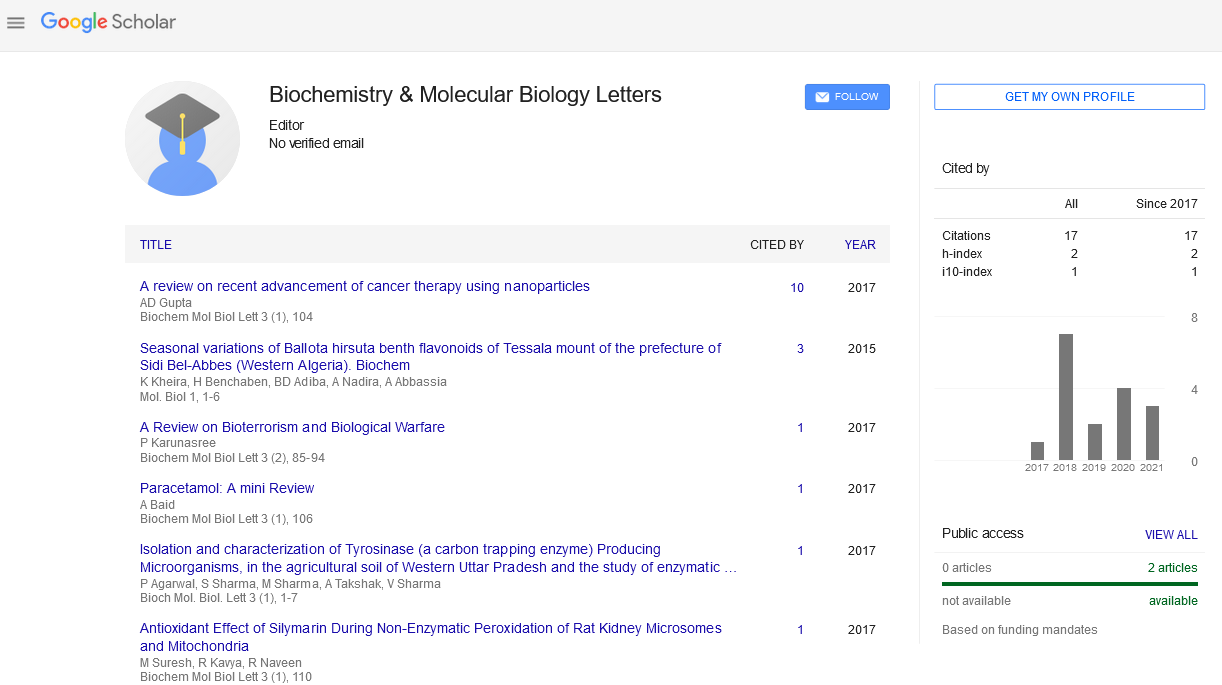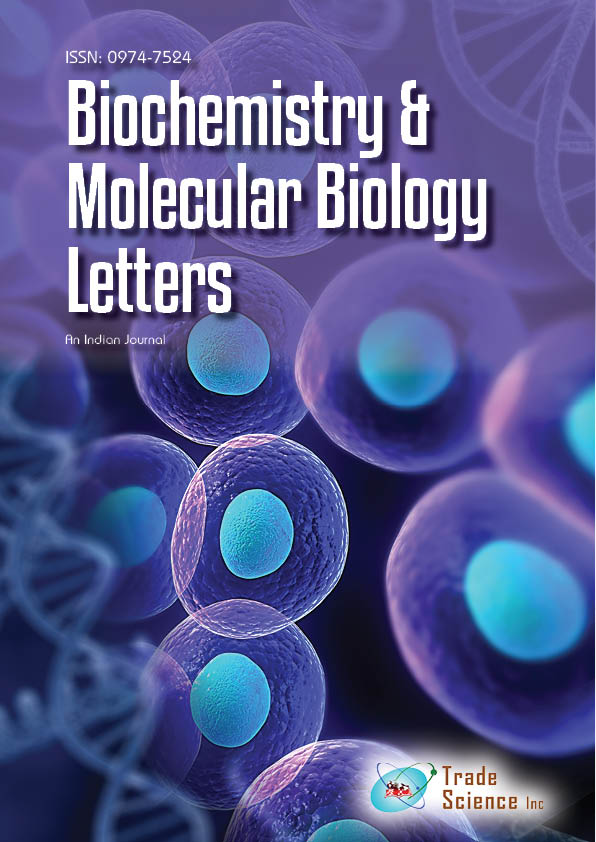Editorial
, Volume: 2( 2)Taguchi-base Six Sigma Methodology to Produce High Precision Products via HAAS Milling and Turning Centers
Abstract
The Aerospace industry is in constant pursuit of innovative manufacturing technologies and advanced support resources in order to produce superior products which are machined by CNC milling or turning centers. Many manufacturers, such as HAAS, Okuma, or Mazak, etc, have thrived to continuously develop affordable, high precision, durable and long lasting products. Machining is an important resource to creating structural parts, engine components, landing gear or systems controls from titanium, heat resistant super alloys, aluminum or stainless steels. Due to high surface roughness required in these aerospace parts, it also relies on a systemic approach to optimize these manufacturing operations in order to produce the highest quality parts and achieve increased productivity. This presentation attempts to present a six-sigma systematic methodology to optimize the surface roughness of manufactured products from HAAS milling and turning centers.
The systematic Taguchi-based six sigma methodology will be introduced and followed by two successful case studies conducted in HAAS machine centers. First, this proposed methodology is implemented in milling processes at a HAAS vertical machine center. This methodology leads the finishing machining process to have process capability index (CP and CPK) to 1.06 and 0.97, respectively, from existing process with these values of 0.65 and 0.14. This results in reducing defect rate from 33.61% to 0.2%.
A similar approach was investigated to improve surface roughness within a HAAS turning center via Live tooling to ensure it is able to produce precision milling operations. The methodology concludes an optimal live tooling mailing process in HAAS turning center successfully to reach process capability index (CP and CPK) to 1.39 and 1.24, respectively, from existing process with these values of 0.62 and -0.44. This results in the defect rate reduction from 87.72% to 0.01%.

